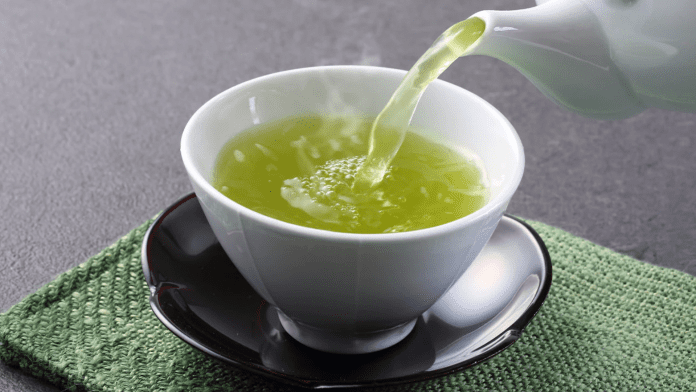Green tea has gained immense popularity in recent years due to its numerous health benefits. People all over the world are now incorporating this ancient beverage into their daily routines to improve their well-being. However, despite its rising fame, many individuals unknowingly make certain mistakes when preparing and consuming green tea, which can hinder its full potential. In this article, we will uncover some of the most common blunders made with green tea and provide valuable insights on how to avoid them. By following these guidelines, you can unlock the true power of green tea and reap its maximum benefits.
Common Mistakes to Avoid to Have the Perfect Cup of Green Tea
To ensure you get the most out of your green tea and optimize its benefits, it’s important to avoid some common mistakes. Here are a few key pitfalls to steer clear of:
- Don’t Drink Green Tea on an Empty Stomach
Drinking green tea on an empty stomach may cause stomach discomfort or nausea for some individuals. The tannins present in green tea can increase acidity, leading to digestive issues. To avoid this, it’s recommended to have a light snack or a small meal before enjoying your cup of green tea.
- Drinking Too Much Green Tea
While green tea is beneficial, excessive consumption can have adverse effects due to its caffeine content. Drinking an excessive amount of green tea can lead to caffeine-related symptoms such as insomnia, restlessness, increased heart rate, and digestive problems. It’s best to limit your green tea intake to 2-3 cups per day to avoid these potential side effects.
- Drinking Green Tea at Night
Green tea contains caffeine, which can interfere with sleep if consumed in the evening or close to bedtime. It’s advisable to avoid drinking green tea at least a few hours before sleep to ensure a restful night.
- Drinking Green Tea Right After Having a Meal
Consuming green tea immediately after a meal can hinder the absorption of certain nutrients, particularly iron. The tannins in green tea can bind to iron, making it less available for absorption. To maximize nutrient absorption, it’s recommended to wait at least one hour after a meal before enjoying a cup of green tea.
- Brewing Green Tea in Boiling Water
Brewing green tea in boiling water can result in a bitter taste and the loss of some delicate flavors. The ideal water temperature for brewing green tea is around 175°F (80°C). Allow the water to cool for a few minutes after boiling before pouring it over the tea leaves. Steep the tea for 2-3 minutes to achieve a smooth and flavorful brew.
- Consuming Green Tea with Medicines
If you are taking certain medications, it’s crucial to be mindful of potential interactions with green tea. Green tea contains compounds that can interfere with the absorption and effectiveness of certain medications, such as beta-blockers, blood thinners, and anticoagulants. It’s essential to consult your healthcare provider or pharmacist to ensure there are no contraindications between green tea and your medications.
- Using the Same Tea Bag Multiple Times
Reusing a tea bag multiple times may seem like a cost-saving measure, but it significantly diminishes the flavor and benefits of green tea. The first steep extracts the majority of the beneficial compounds, and subsequent steeps result in a much weaker brew. To fully enjoy the flavor and benefits of green tea, it’s recommended to use a fresh tea bag or loose leaves for each cup.
Final Thoughts:
Green tea is a remarkable beverage with a wide range of health benefits. By avoiding the common mistakes outlined in this article, you can unleash its full power and optimize its potential advantages. So, go ahead, avoid these green tea blunders, and unlock the true potential of this incredible drink!





